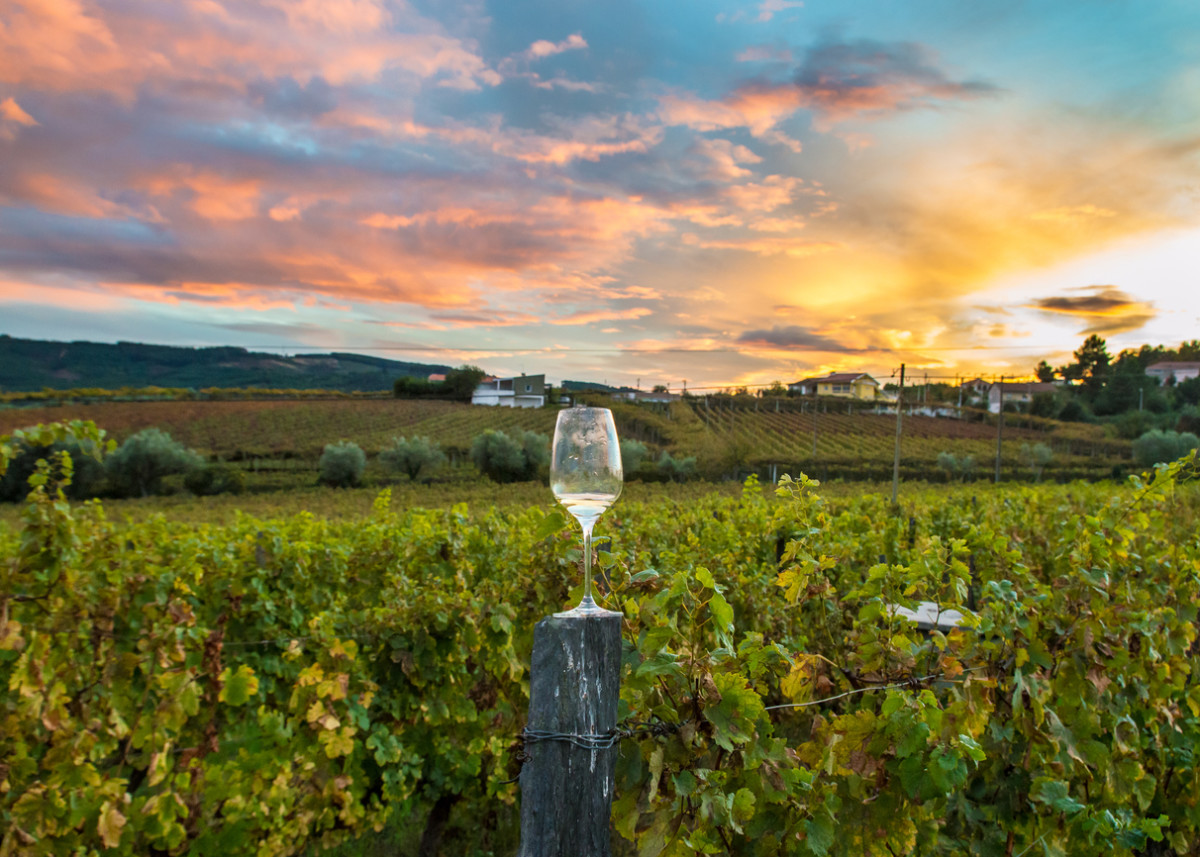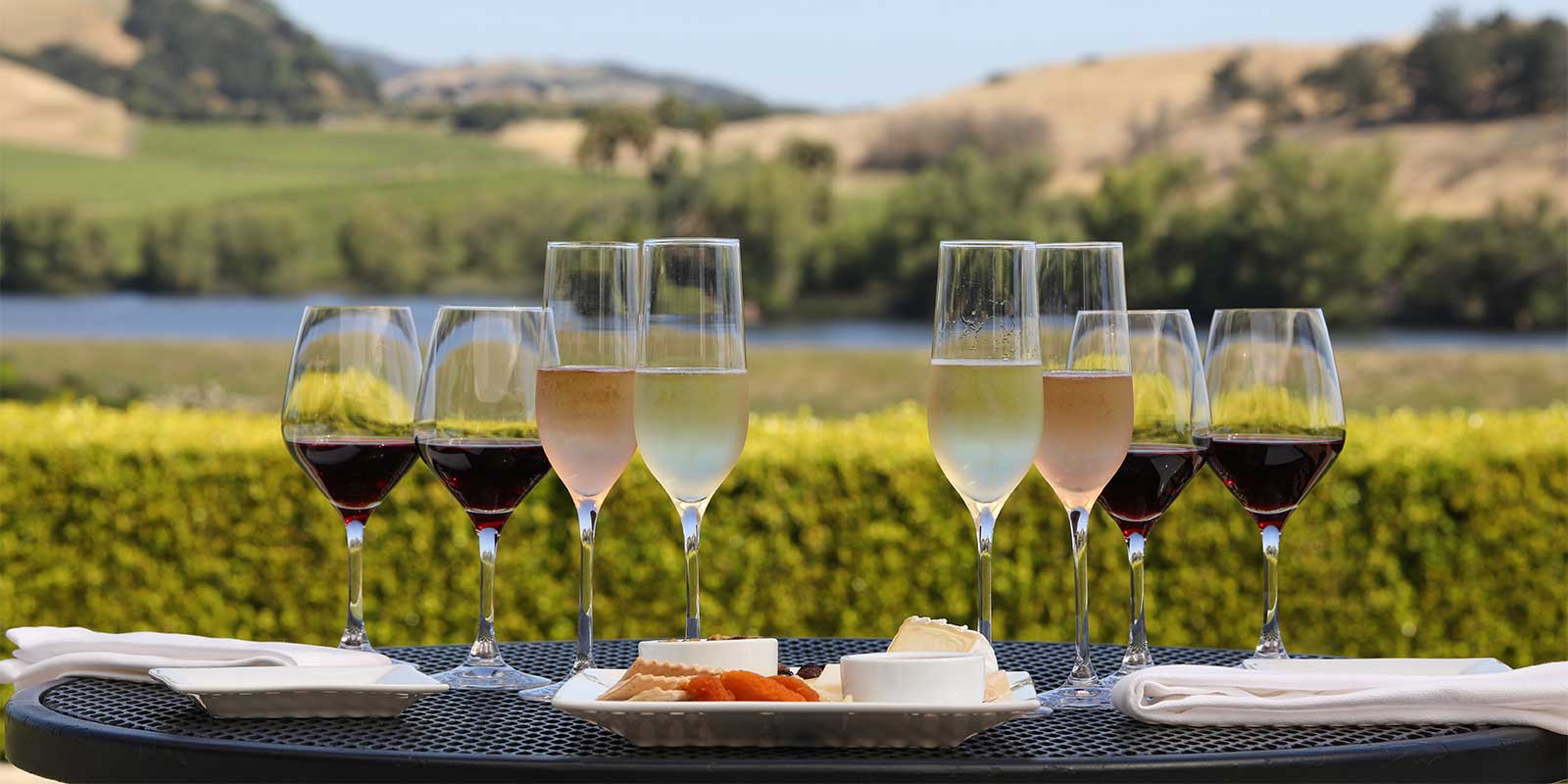Napa’s Sustainable Practices
Trinchero Napa Valley
After implementing zero waste as part of their operation’s objective, Trinchero Napa Valley has been able to achieve 99% diversion. Instead of using traps or chemicals to combat rodents, this winery uses owl boxes. Trinchero also converts seeds, stems, and grape skins into compost for vineyards and cattle feed. The winery has received various certifications and is Napa Green Certified, Sustainable Certified, and Fish Friendly Certified. Domaine Carneros has also been awarded the California Green Medal Business Award for implementing innovative, efficient, cost-saving, and sustainable practices.
Restaurants:
Gran Electrica
When it comes to innovative recycling ideas, few can rival Gran Electrica. This restaurant recycles printed menus, to-go containers, paper hand towels, paper straws, and uses reusable laundry bags. The restaurant also works alongside Napa Valley Recycling to ensure maximum sustainability and minimum waste. Gran Electrica also has a partnership with a company that collects used oil for use as biofuel. As part of Gran Electrica’s commitment to sustainable practices, they only obtain their resources from local farms such as Five Dot Ranch, Llano Seco, Bassian Farms, Aloha Seafood, and Rancho Gordo. The establishment also grows various herbs, edible flowers, mint, cilantro, squash, and peppers on-site to limit any additional purchase. The management has trained the staff to minimize food wastage and encourages them to bike or carpool to work.
Angele Restaurant and Bar
This downtown Napa establishment solely sources its resources from local purveyors and composts and farms all paper and food waste. The restaurant uses corn and wooden silverware and corn and paper straws to minimize waste and avoid plastic usage.
Oxbow Public Market
The hallmark of Oxbow is creating direct links to sustainable food producers, local farms, and ranches. Merchants can only use compostable containers for their services. The cleaning supplies are eco-friendly, and the bathrooms feature hot air hand dryers instead of paper towels. The establishment also provides clients with waste management stations to enable them to be active in recycling and the disposal of trash and compost.
Indian Springs Calistoga
As part of their commitment to sustainable practices, Indian Springs Calistoga provides visitors compostable beverage cups at the spa, pool, and front desk. They also use thermal mineral water and greywater for irrigation, as well as a chicken coop on site.
Poetry Inn
Poetry Inn uses glass instead of plastic water bottles to curb its carbon footprint. The establishment refills its candles when they burn down and donates slightly used bath amenities and soap to Clean The World, which then distributes them to impoverished nations and helps them fight diseases by improving hygiene.
With so many businesses leading by example, it is easy to understand why Napa Valley has become synonymous with sustainable practices. This legacy will likely live on even as existing businesses grow and others emerge.…


